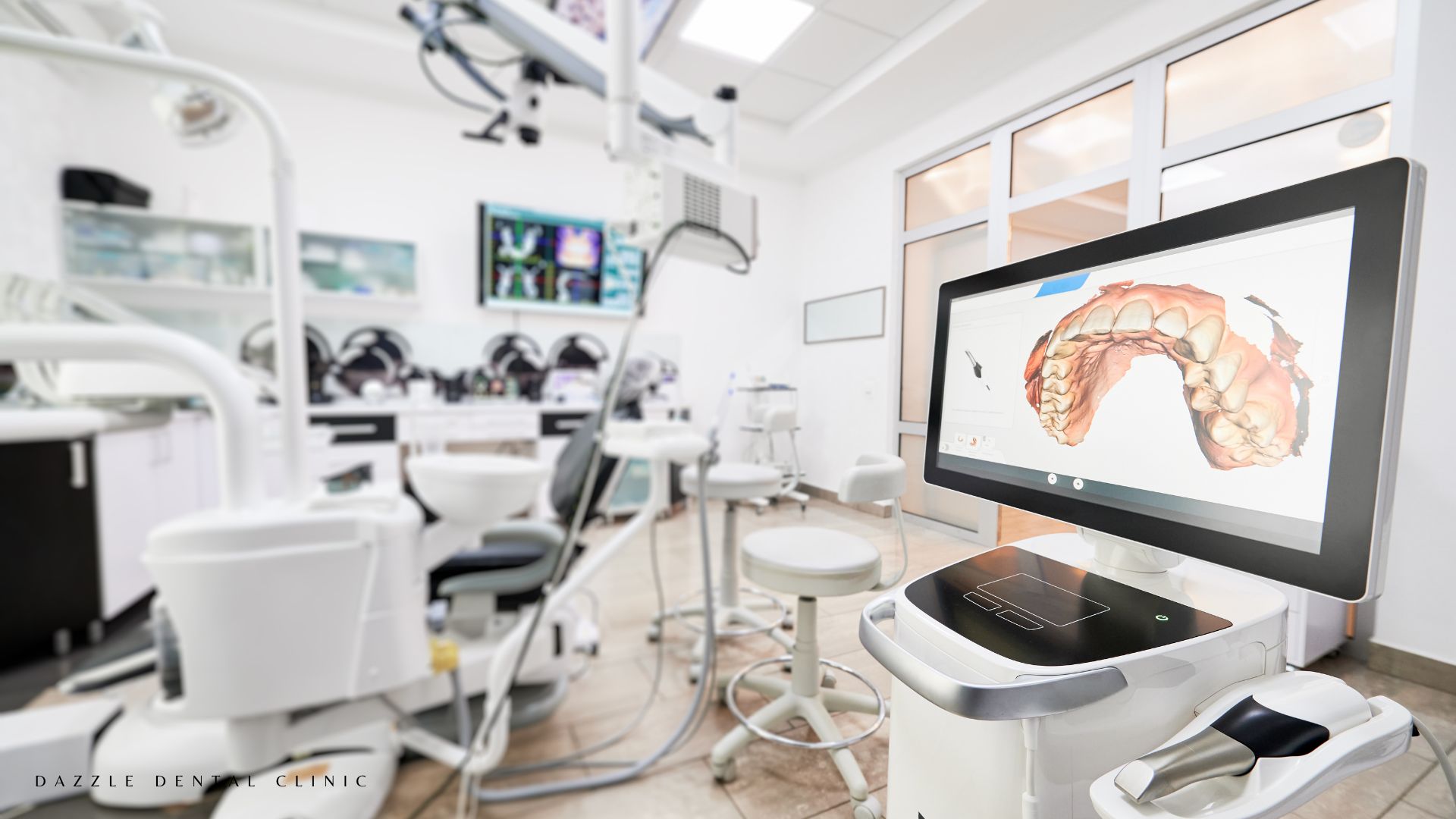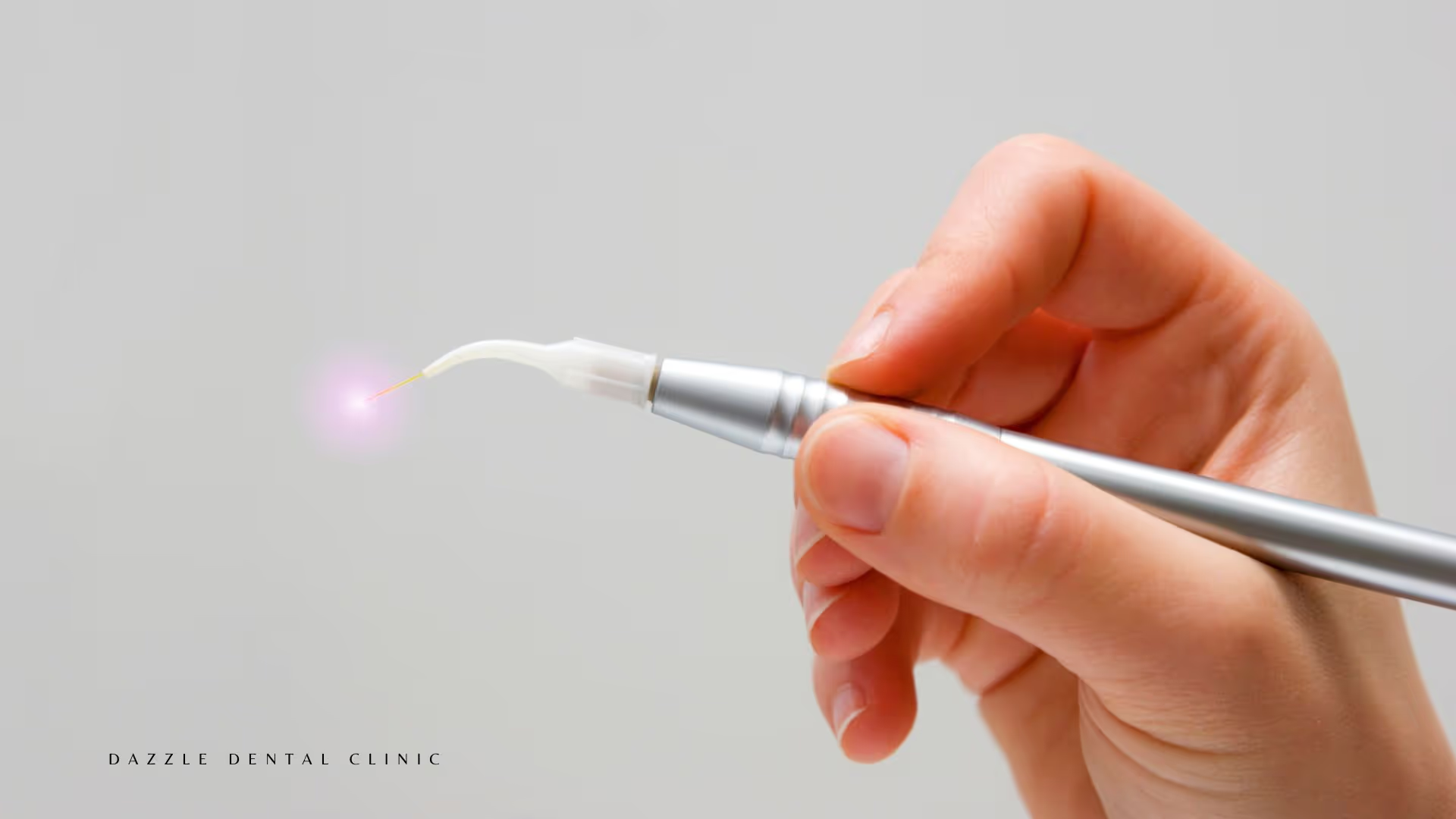Dental implantology has made significant strides over the years, offering various solutions to address tooth loss. Each type presents unique advantages and considerations, and my experience over the past three decades positions me to provide a detailed comparison for those considering implant treatment.
Conventional Dental Implants Explained:
Conventional dental implants have been the cornerstone of implant dentistry. Comprising a titanium screw inserted into the jawbone, they are designed for osseointegration – a process where the implant fuses with the bone over time. A dental crown, affixed after the healing period, provides the appearance and functionality of a natural tooth.
Advantages of Conventional Implants:
- Proven Track Record: Their long history in dentistry offers extensive data supporting their efficacy.
- Aesthetic and Functional: They replicate the look and feel of natural teeth to near perfection.
- Jawbone Integrity: The implant supports bone health by providing necessary stimulation to maintain bone mass.
Challenges with Conventional Implants:
- Healing Duration: The osseointegration process necessitates several months' waiting period before final crown placement.
- Bone Density Requirement: Adequate bone density is essential; otherwise, bone grafts may be required, escalating the complexity and cost of the procedure.
- Investment: They can be a significant financial investment, especially if multiple sessions or additional procedures like bone grafting are necessary.
The Rise of Basal Implants:
Basal implants, alternatively known as cortical implants, are a newer introduction to the field. They leverage the denser cortical bone, facilitating immediate loading – a distinct advantage allowing for the prompt placement of prosthetic teeth shortly after implant insertion.
Advantages of Basal Implants:
- Immediate Functionality: Prosthetics can be affixed within days, offering a quick solution for tooth replacement.
- No Bone Grafts: They are suitable for patients with low bone density, eliminating the need for grafts.
- Broad Applications: An excellent choice for patients who are ineligible for traditional implants due to insufficient bone volume.
Considerations for Basal Implants:
- Specialized Technique: The procedure requires specific expertise that may not be available with all practitioners.
- Emerging Research: While promising, there is less comparative long-term data available for basal implants.
- Care Requirements: Maintenance protocols may differ from conventional implants, necessitating a tailored approach.
In the debate of basal vs. conventional dental implants, the decision is contingent upon individual circumstances and clinical evaluations. While conventional implants are widely accepted and studied, basal implants offer a swift and less invasive alternative for those previously considered unsuitable candidates due to bone limitations. To further assist in making an informed decision, here are additional comparative aspects focusing on surgical complexity, recovery time, patient eligibility, longevity, and cost considerations.
Our clinic provides comprehensive solutions, from conventional implant treatments to advanced basal implant procedures, tailored to meet our patients' diverse needs.
Choosing between basal vs conventional dental implants is a significant health decision. It requires a thorough discussion with a qualified implantologist to understand the nuances of each option. At our clinic, we are committed to ensuring our patients are well-informed and receive the highest standard of care. For more information or to arrange a personalized consultation, please contact us.
Here are a few references to read in detail about Basal Implants -
- International Implant Foundation (IF): Basal Implantology
- Simpladent - Strategic Implant: Basal Implants
- Journal of Maxillofacial and Oral Surgery: Basal Implants: A Review
- Implant Foundation India: About Basal Implants
- National Center for Biotechnology Information (NCBI): Immediate Loading Basal Implants

















.webp)







%20Integration.avif)



